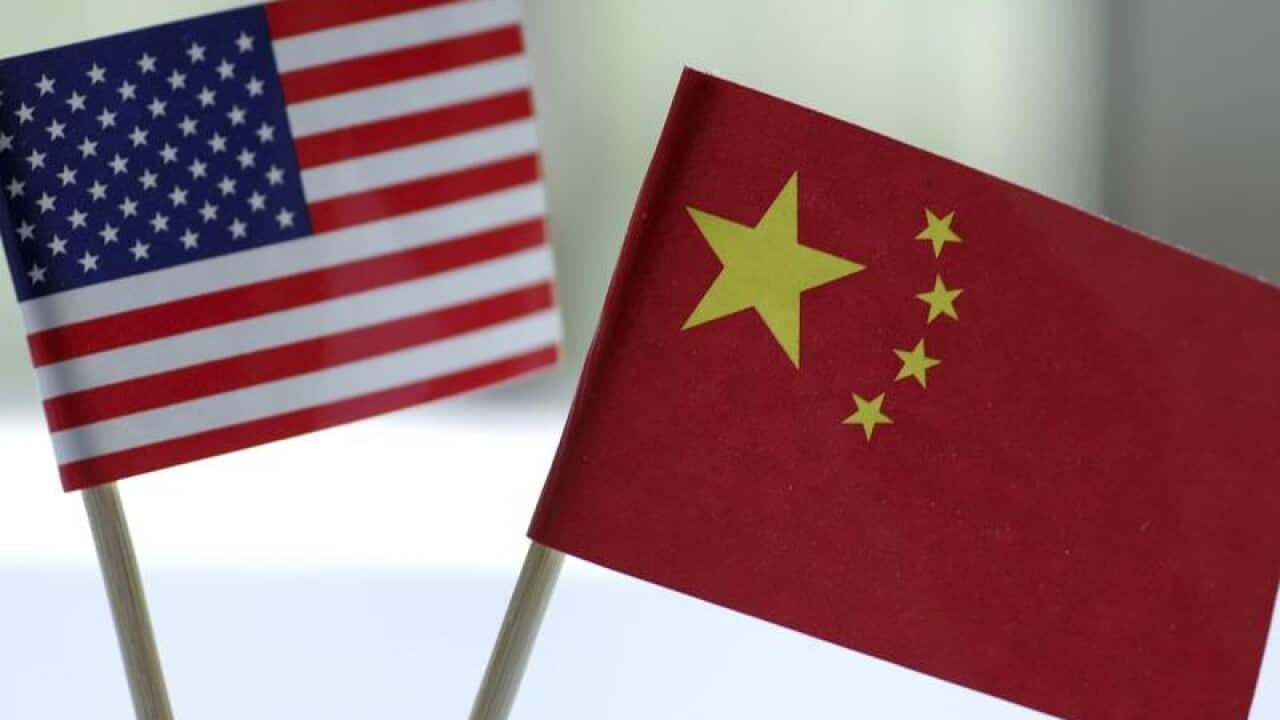US and Chinese negotiators have met for a fifth straight day as the two sides race against a March 1 deadline to reach agreement and prevent a further escalation in their trade war.
The fourth round of negotiations between the world's two biggest economies was extended through the weekend after both sides reported progress in narrowing differences.
President Donald Trump said on Friday that there was "a very good chance" a deal would be struck, and that he was inclined to extend his March 1 tariff deadline and meet soon with Chinese President Xi Jinping.
Extending the deadline would mean putting on hold a scheduled increase to 25 per cent from 10 per cent on $US200 billion of Chinese imports into the US.
That would prevent any worsening of a trade war that has already disrupted commerce worth hundreds of billions of dollars of goods, slowed global economic growth and roiled markets.
Trump and US Treasury Secretary Steven Mnuchin said the two sides had reached an agreement on currency issues, but did not give details.
US officials have long argued that China's yuan is undervalued, giving China a trade advantage and partly offsetting US tariffs.
China has also committed to buy an additional 10 million metric tons of US soybeans.
An industry source briefed on the talks said both sides have narrowed differences on intellectual property rights, market access and narrowing a nearly $US400 billion US trade deficit with China.
But bigger differences remain on changes to China's treatment of state-owned enterprises, subsidies, forced technology transfers and cyber theft.
There is no agreement on the enforcement mechanism either. The US wants a strong mechanism to ensure the Chinese reform commitments are followed through, while Beijing insists upon what it calls a "fair and objective" process.
"Enforcement is a difficult puzzle," said the source, who requested anonymity to speak candidly about the talks. "You need objective arbitrators to make a decision."
Trump said the biggest decisions could be reached when he meets with Xi, probably in Florida next month, and that they may extend beyond trade to encompass Chinese telecommunications companies Huawei Technologies and ZTE Corp.

